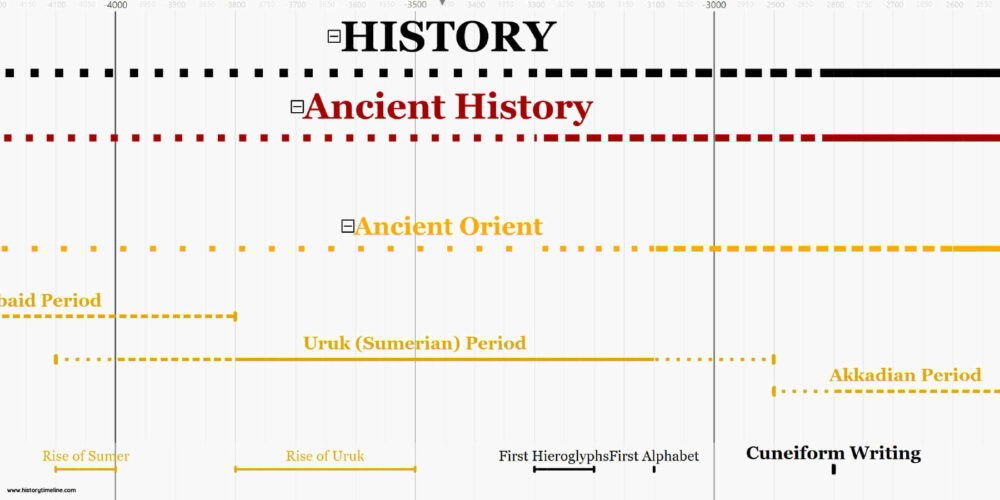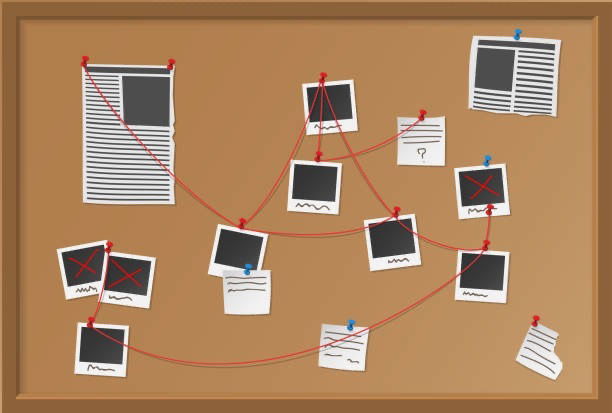The way we are taught history....
The academic sense and the way we are taught history is very minimalistic [&] very reductionary.
History is presented as a very blank timeline with bits and pieces uncovered and to punctuate that timeline, we add these bits and pieces and we tend to think of it as linear isolated civilisations popping up and falling in succession - and this [arguably] is the worst way to present our limited knowledge of the past.

Instead of this blank timeline, perhaps history should be taught more like a detective crime scene with whiteboard and string, notes, pictures and artifacts connected in a giant spiderweb. Otherwise theories, evidence, documents, forensics and other archaeological remains and ideas [littering] most of human history, which hasn't been written, won't be and are not explored.

It's rather misleading to teach history in the context of "all we can safely say through the written word" rather than using all avenues possible to record history.
Take someone like the Iceman found in Europe. His frozen remains date to 3000 BC, but in academic spheres you're not allowed to suggest that the Iceman was a world traveller & that he could have gone to Asia and back, or that he could have been a wealthy and renowned man, a shaman or Mystic or a Healer. He could have been on a mission for something, or making new discoveries or he could have been a king. The point I am making is that there's no room for imagination and history - if it wasn't directly presented to us then we cannot 'see' this aspect of the Iceman when he is presented as just a body in ice.
Perhaps only fiction writers should teach history. If you want to tell the truth you write Fiction - it's the difference between saying Alfred the Great wanted to unify England to spread Christianity and make written accounts of everything - which historians report dryly, versus Bernard Cornwell's historical fiction "The Last kingdom" in which Alfred the Great's dream to unify England, to spread what he believed to be the True Religion, lead poor Farmers out of the dark of ignorance into the elucidation of writing and religion all because as a child he was taken to see the Pope and to study in Rome inspiring what would be his life's work. This is what forged the course of history.
Thankfully so long as the internet remains relatively free and open and communication is viable between everyone on it - as of now we have access to all the same information that that the Ivy League professional historians have. Perhaps not all the same first-hand accounts nor the same resources or access to some scholarly articles, nevertheless we still have access to alot more.
We are not bound by any academic limitations - [limitations that we often see are very political and restrictive, they limit academic freedom, i.e academics often tow their insitution's party line to protect their academic careers etc ] we are free to entertain and explore whatever we want as we all should be able to in a serious and honest effort.
It seems to me that the moment you even entertain an alternate idea you are forever associated with that idea and blacklisted. BUT it is okay to be curious and ask questions.
As Einstein said;
"The important thing is not to stop questioning. Curiosity has its own reason for existing. One cannot help but be in awe when one contemplates the mysteries of eternity, of life, of the marvellous structure of reality. It is enough if one tries to comprehend only a little of this mystery every day.”